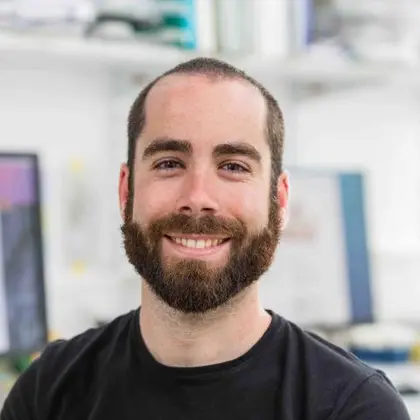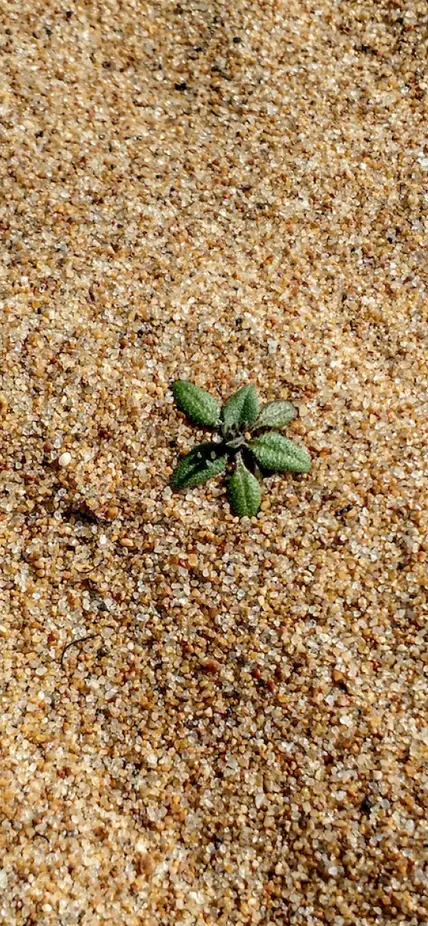
Palo Alto, CA— Carnegie’s Moises Exposito-Alonso has been selected for a National Institutes of Health Director’s Early Independence Award, which recognizes “outstanding junior scientists” for their “intellect, scientific creativity, drive, and maturity.”
The honor is part of the NIH’s High-Risk, High-Reward Program, designed to fund highly innovative, potentially transformative biomedical and behavioral research at all career stages. The awardees from all four of the program’s categories are recognized for their trailblazing abilities in a research area that falls under the agency’s mission.
“The breadth of innovative science put forth by the 2020 cohort of early career and seasoned investigators is impressive and inspiring," said NIH Director Francis S. Collins. “I am confident that their work will propel biomedical and behavioral research and lead to improvements in human health.”
The Director’s Early Independence Award provides exceptional recent Ph.D. or M.D. graduates with the opportunity to bypass the traditional postdoctoral phase and to launch their own independent investigations. Exposito-Alonso is one of 13 researchers selected for the 2020 class of recipients.
The Carnegie Staff Associate program, of which Exposito-Alonso is a member, was the first of many such initiatives designed to encourage bold research pursuits among young scientists. It was created by former-Department of Embryology Director Don Brown and adopted by the Department of Plant Biology, where Exposito-Alonso studies how plant species will evolve to keep pace with climate. He is also a professor (by courtesy) of biology at Stanford University.
Exposito-Alonso’s lab at Carnegie uses computational and genetic engineering approaches inspired by evolution to discover how complex interactions between mutations and the environment shape health traits and adaptation.
“We are so proud of Moi’s recognition from the NIH and thrilled to have him as part of our team,” said the Acting Director Zhiyong Wang. “His cutting-edge work and outside-the-box thinking are part of a longstanding Carnegie tradition of developing novel approaches and defining new fields of research.”
“Moi Exposito-Alonso is truly a next-generation evolutionary and plant biologist who uses his innovative science to inform and inspire responses to global climate change,” said Martha Cyert, Chair of the Stanford Department of Biology.
